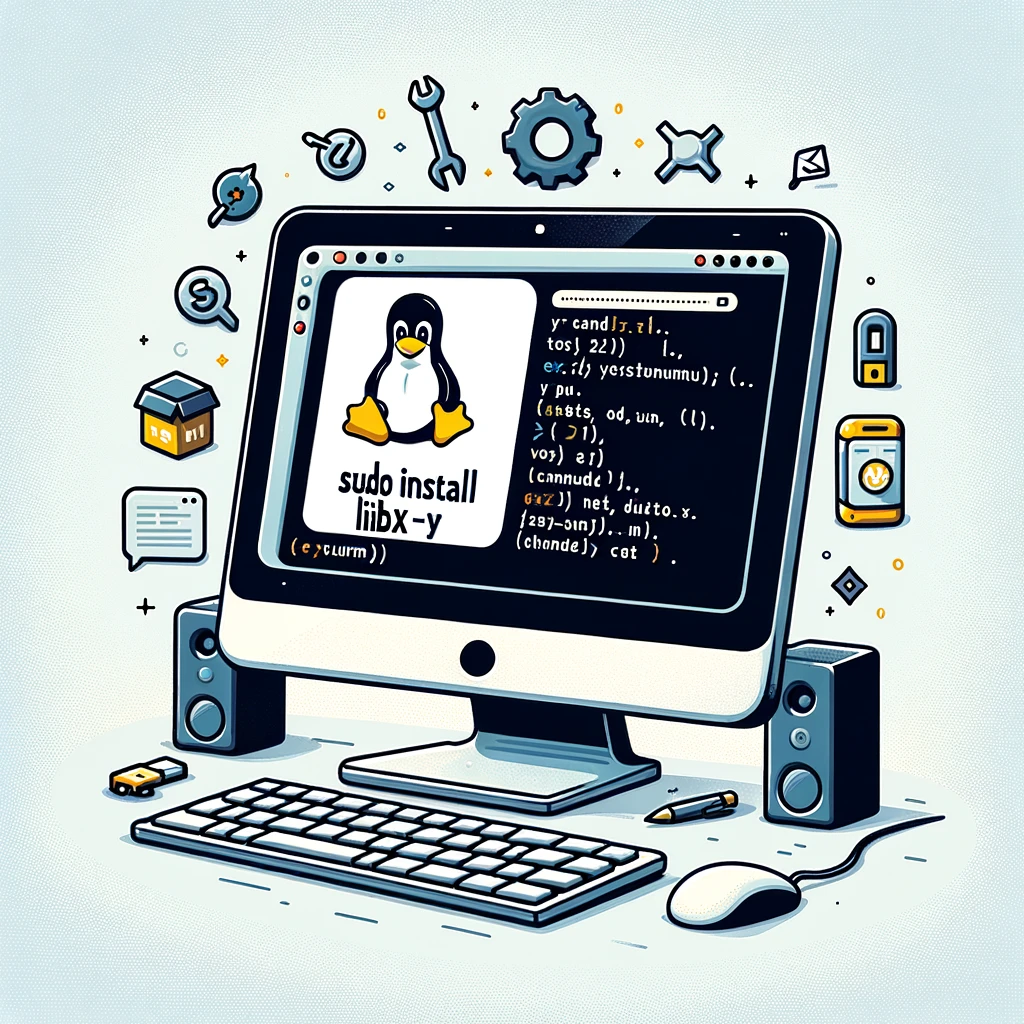How to Install libX11 Library on Debian

How to Install libX11 Library on Debian
Introduction
In the Linux world, libraries play a crucial role in providing essential functions and resources for applications to interact with the system. One such important library is libX11, which is a fundamental component in the X Window System, the graphical interface used in Unix-like operating systems.
The libX11 library provides functionality for managing windows, handling input events, and interacting with the display server. Without libX11, graphical applications would not be able to create windows, receive user input, or render graphical elements on the screen.
Installing libX11 on Debian
To install the libX11 library on Debian, you can use the package manager apt. Open a terminal and run the following command:
sudo apt update
sudo apt install libx11-dev
This command will update the package repository and install the libx11-dev package, which includes the libX11 library and header files necessary for development.
Once the installation is complete, you can start using the libX11 library in your applications to create graphical interfaces and interact with the X Window System.
Conclusion
The libX11 library is a critical component in the Linux ecosystem, enabling graphical applications to communicate with the X server and provide a seamless user experience. By understanding how to install and utilize libX11 on Debian, you are taking an important step towards developing graphical applications on Linux.
The Importance of Open Source Software
Open source software plays a vital role in the technology industry by fostering collaboration, innovation, and transparency. By making source code accessible to anyone, open source projects like the libX11 library can benefit from contributions and feedback from a diverse community of developers. Support for open source software helps drive progress in the field of technology and empowers individuals and organizations to build upon existing solutions for the greater good.
By embracing open source software, we contribute to a culture of sharing knowledge and resources, leading to a more inclusive and sustainable technological ecosystem. Let’s continue to support and advocate for open source initiatives to drive innovation and progress in the digital age.

